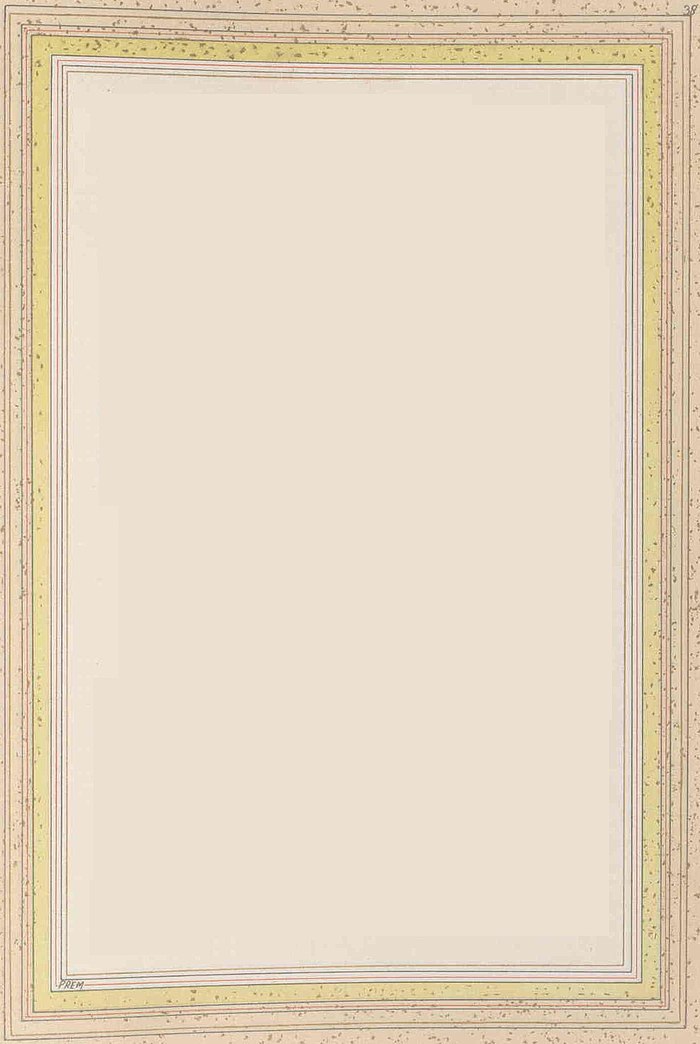
his seat shall thereupon become vacant.
(4) If for a period of sixty days a member of either House of Parliament is without permission of the House absent from all meetings thereof, the House may declare his seat vacant:
Provided that in computing the said period of sixty days no account shall be taken of any period during which the House is prorogued or is adjourned for more than four consecutive days.
102. (1) A person shall be disqualified for being chosen as, and for being, a member of either House of Parliament—
(2) For the purposes of this article a person shall not be deemed to hold an office of profit under the Government of India or the Government of any State by reason only that he is a Minister either for the Union or for such State.
103. (1) If any question arises as to whether a member of either House of Parliament has become subject to any of the disqualifications mentioned in clause (1) of article 102, the question shall be referred for the decision of the President and his decision shall be final.
(2) Before giving any decision on any such question, the President shall obtain the opinion of the Election Commission and
Disqualifications for membership.
Decision on questions as to disqualifications of members.
